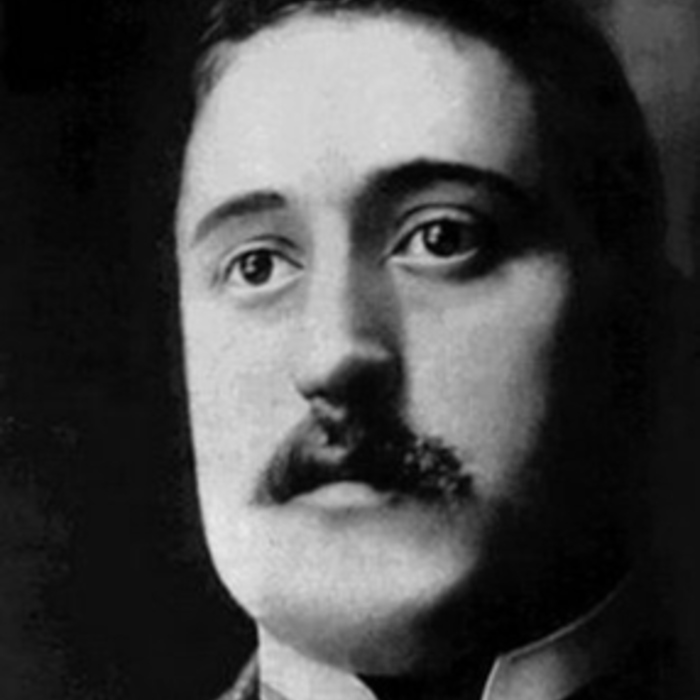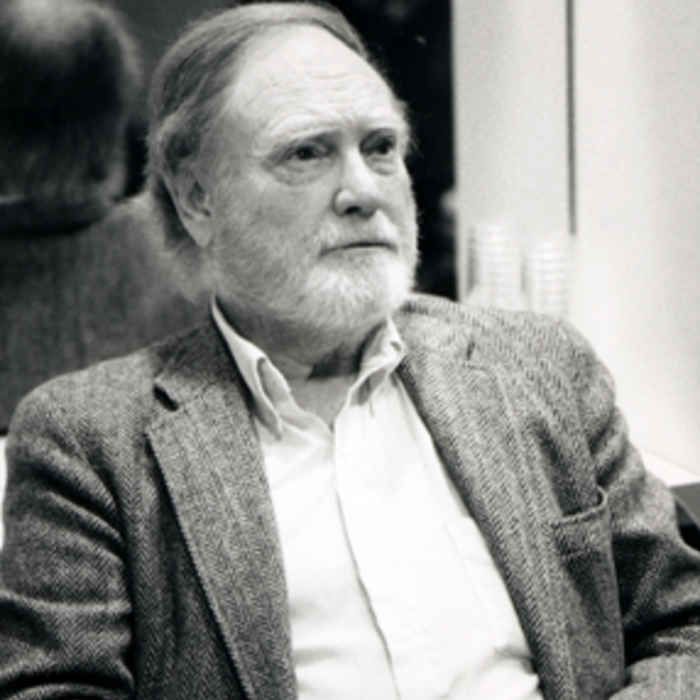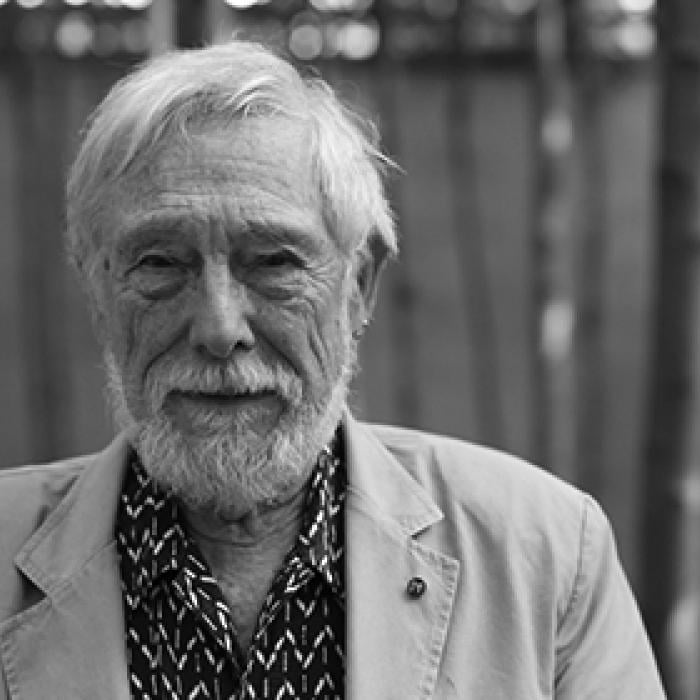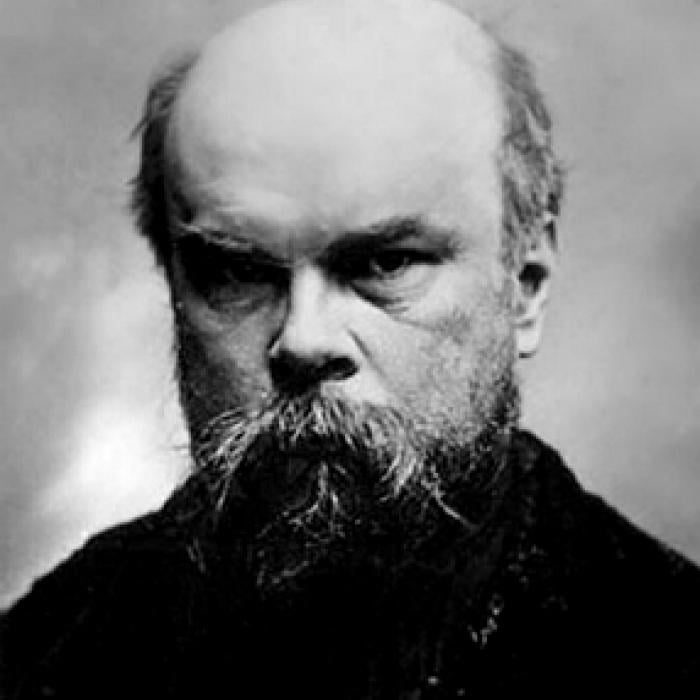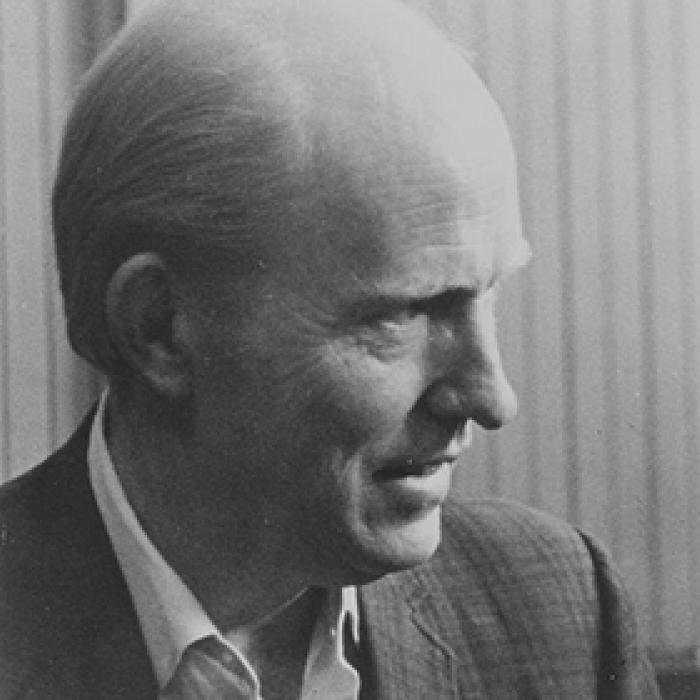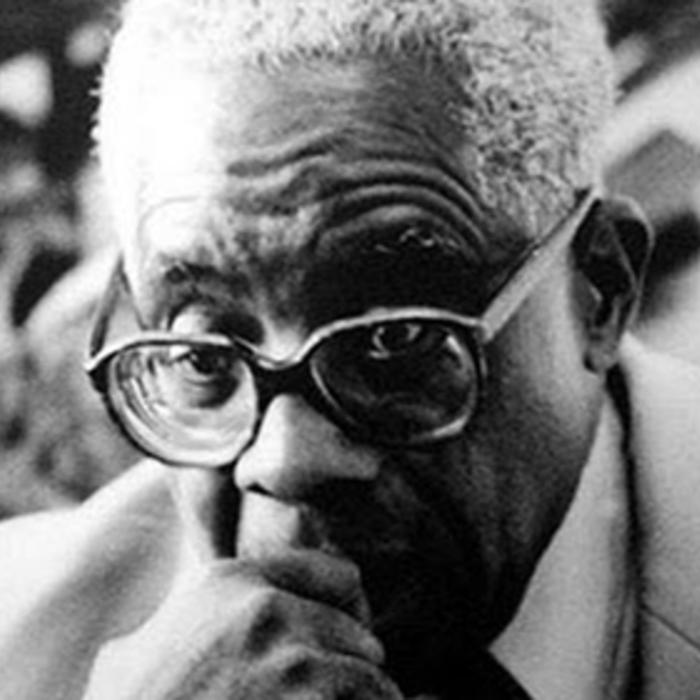Arthur Rimbaud
Jean-Nicolas-Arthur Rimbaud was born October 20, 1854, in the small French town of Charleville. His father, an army captain, abandoned the family when he was six. By the age of thirteen, he had already won several prizes for his writing and was adept at composing verse in Latin. His teacher and mentor Georges Izambard nurtured his interest in literature, despite his mother’s disapproval.
Rimbaud began writing prolifically in 1870. That same year, his school shut down during the Franco-Prussian War, and he attempted to run away from Charleville twice but failing for lack of money. He wrote to the poet Paul Verlaine, who invited him to live in Paris with him and his new wife. Though Rimbaud’s moved out soon after, as a result of his harsh manners, he and Verlaine became lovers. Shortly after the birth of his son, Verlaine left his family to live with Rimbaud.
During their affair, which lasted nearly two years, they associated with the Paris literati and traveled to Belgium and England. While in Brussels in 1873, a drunk Verlaine shot Rimbaud in the hand. Verlaine was imprisoned, and Rimbaud returned to Charleville, where he wrote a large portion of Une Saison en Enfer (A Season in Hell). The book was published in 1873 in Brussels, but the majority of the copies sat in the printer’s basement until 1901 because Rimbaud could not pay the bill.
Rimbaud wrote all of his poetry in a span of about five years, concluding around the year 1875. His only writing after 1875 survives in documents and letters. In his correspondence with family and friends, Rimbaud indicates that he spent his adulthood in a constant struggle for financial success. He spent the final twenty years of his life working abroad, and he took jobs in African towns as a colonial tradesman.
In 1891, Rimbaud traveled to Marseilles to see a doctor about a pain in his knee. The doctors were forced to amputate his leg, but the cancer continued to spread. Rimbaud died on November 10, 1891, at the age of thirty-seven. Verlaine published his complete works in 1895.

